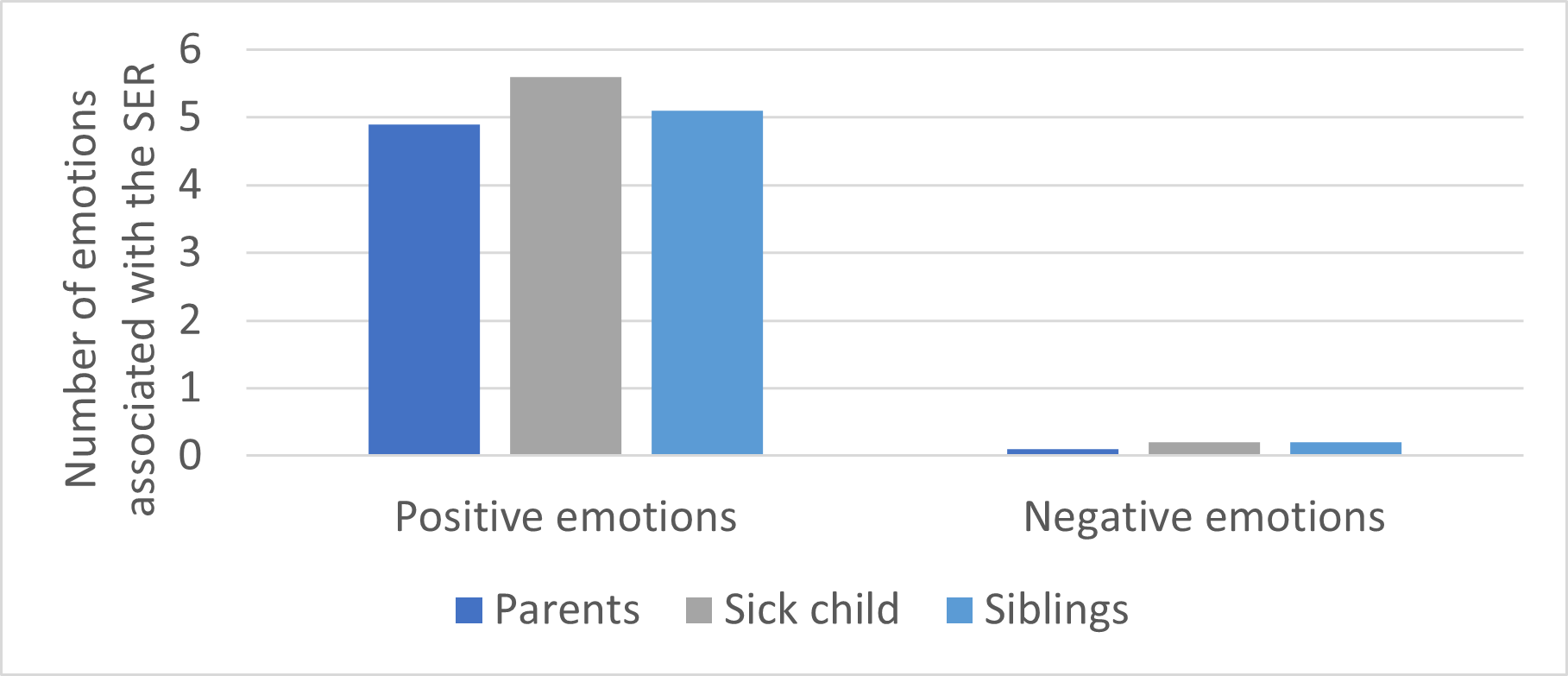Supporting a child through illness or injury that is serious enough to require hospitalisation may be the most distressing challenge a parent will ever face. Families with hospitalised children experience emotional, social, practical and financial stress during their child’s hospitalisation. Aiming to ameliorate some of these stressors, Starlight Children’s Foundation’s Starlight Express Rooms have become an integral part of children’s hospitals across Australia. Starlight Express Rooms offer families a non-clinical, fun, and vibrant environment in which to find respite from clinical wards and to receive emotional, social and practical support. Despite a multitude of anecdotal reports that Starlight Express Rooms are appreciated by families, the Starlight Children’s Foundation identified that more research was needed to fully document the value and significance of the Starlight Express Rooms.
Results from this research can inform the on-going investment in these rooms in Australia, as well as other playrooms/recreation rooms in children’s hospitals around the world.
Participant information
- Parents of hospitalised children were eligible to participate if their child had used the Starlight Express Room in the previous 12 months.
- 123 parents completed questionnaires
- 60 had accessed the room in Sydney Children’s Hospital, and 63 had accessed the room in Monash Children’s Hospital.
- 13 parents completed an interview
Findings
1. What are parents’ positive and negative associations with the Starlight Express Rooms?
Parents overwhelmingly reported positive associations with the Starlight Express Rooms and were far less likely to report negative associations with the Starlight Express Rooms (Figure 1).
Parents who reported ‘clinically relevant stress’ used the Starlight Express Rooms more times than parents who did not report ‘clinically relevant’ stress.
Parents who reported lower child physical functioning used the room more than those who reported higher child physical functioning
3. What are parents’ most and least valued aspects of the Starlight Express Rooms?
Most valued: Parents reported that the Starlight Express Rooms gave them respite from the hospital and medical realities, while also providing their children with much needed fun and laughter. Parents also reported the importance of social support from the Captain Starlights, volunteers, and other parents using the room.
Least valued: Parents reported that the rooms were not particularly accessible for infants and very young children. Parents also wanted more access to the Starlight Express Rooms and the Captain Starlights and suggested extending opening hours of the Rooms.
Summary
Overall our findings demonstrate the overwhelmingly postive benefit of Starlight Express Rooms for hospitalised children and their families. The respite and social support provided within the Starlight Express Rooms may be particularly important for highly distressed parents and families of children with lower psychosocial functioning. It appears as though the room being a medical-free zone, the mythology of the Captain Starlights, and the emphasis on joy and fun in the room, culminate to offer a sense of escapism within the hospital, resulting in families experiencing respite and support. Nevertheless, limits to the accessibility of the recreation rooms may hinder them from providing support to families of very young children and infants, and to families of children who are critically unwell (e.g. admitted to the ICU).
This paper was published in the Journal of Pediatric Nursing. You can read the full paper here.

 RSS Feed
RSS Feed